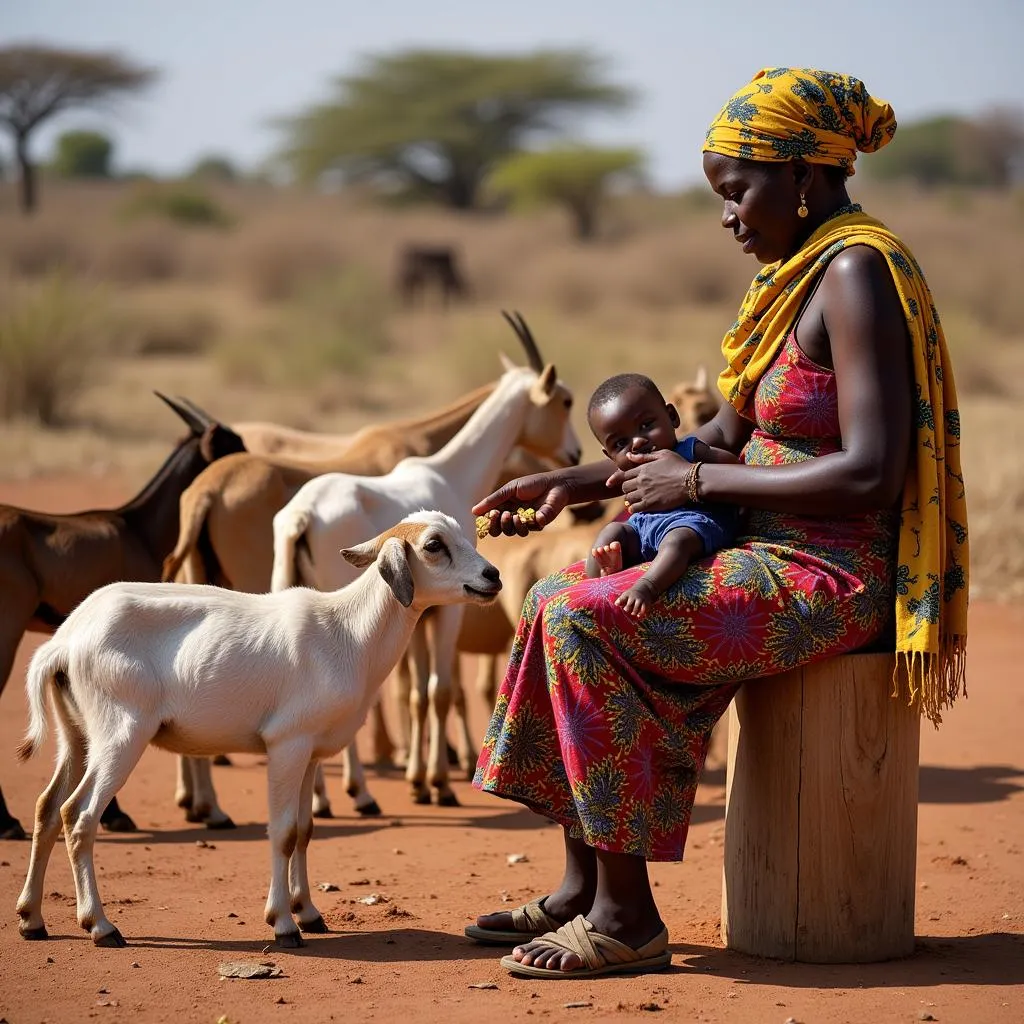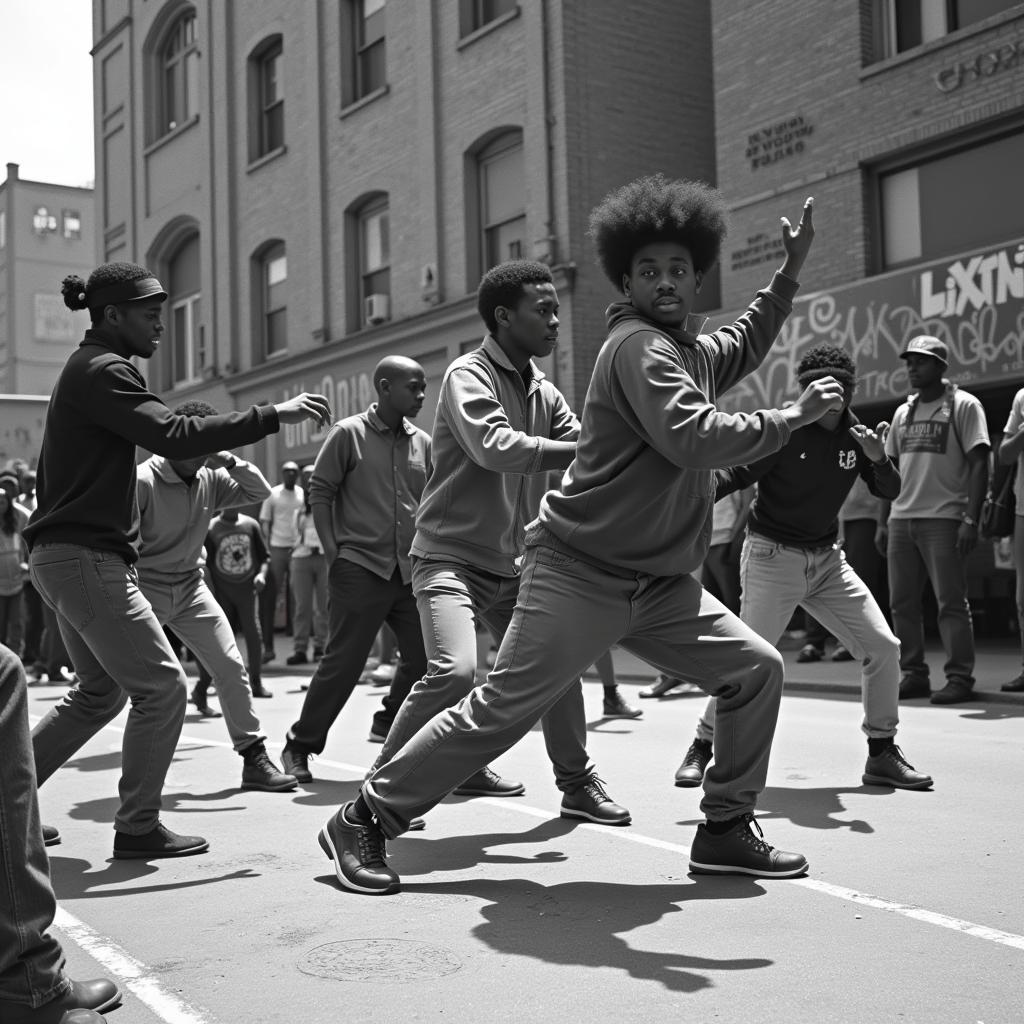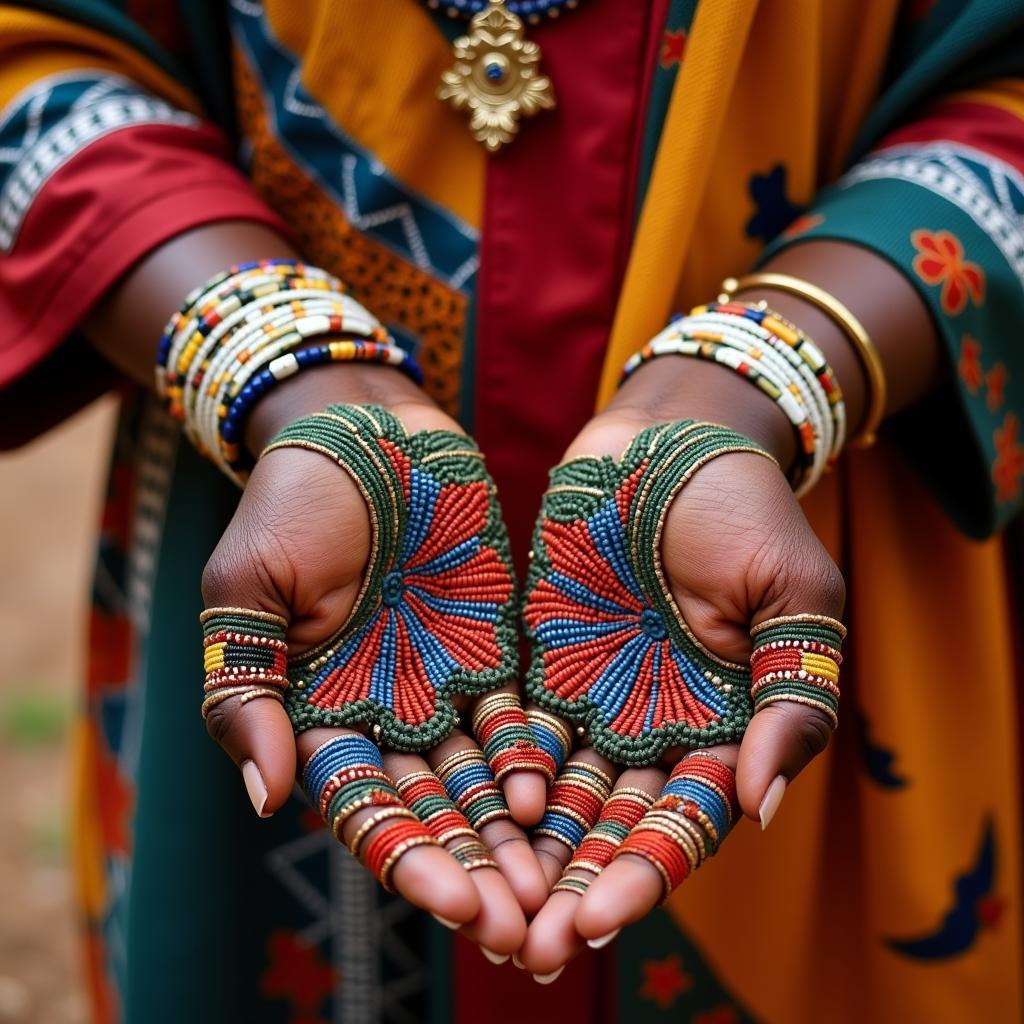The African Horse Known for its Hardness: Exploring the Breed
The African Horse Known For Its Hardness isn’t a single breed, but rather a collection of equine populations adapted to the diverse and often challenging environments of the continent. These horses, shaped by centuries of natural selection and human influence, demonstrate remarkable resilience and strength. From the Barb to the Basuto pony, these animals play a vital role in the lives and cultures of numerous African communities.
Unveiling the Strength: What Makes an African Horse Hardy?
Several factors contribute to the renowned hardiness of African horse breeds. Their adaptability to harsh climates, resistance to certain diseases, and ability to thrive on limited resources are key characteristics. These traits are a product of both natural selection and selective breeding practices over generations. Let’s delve deeper into these remarkable qualities.
Adapting to Extreme Climates
Many African horses thrive in climates ranging from arid deserts to humid savannas. Their ability to tolerate extreme temperatures and fluctuating water availability is crucial for survival. The Barb, for example, originating in North Africa, exhibits exceptional heat tolerance. Conversely, the Basuto pony, found in the mountainous regions of Lesotho, has developed a thick coat to withstand the cold.
Disease Resistance: A Survival Advantage
Exposure to a variety of diseases over centuries has led to the development of natural resistance in some African horse breeds. While not immune to all diseases, they often exhibit greater resilience to certain infections compared to their European counterparts. This natural defense mechanism is a testament to their evolutionary journey.
Thriving on Limited Resources: A Testament to Resilience
African horses often demonstrate the ability to maintain condition on relatively sparse grazing and limited water. This efficiency in utilizing resources is vital in regions where food and water can be scarce. This ability is a key component of their overall hardiness.
Diverse Breeds: A Look at the Hardy Horses of Africa
The term “African horse” encompasses a range of breeds, each with its own unique characteristics and adaptations. Some of the most recognized breeds known for their hardiness include the Barb, the Dongola, the Basuto pony, and the Namib desert horse.
The Barb: A Foundation Breed
The Barb, originating in North Africa, is known for its stamina, courage, and hardiness. This breed has influenced numerous other horse populations worldwide, including the Thoroughbred. Its ability to thrive in harsh desert conditions is a testament to its resilience.
The Dongola: A Horse of the Nile Valley
The Dongola, hailing from the Nile Valley region, is another breed renowned for its endurance. Its elegant appearance and smooth gait belie its ability to withstand challenging terrain and climates.
The Basuto Pony: A Mountain Dweller
The Basuto pony, native to the mountainous kingdom of Lesotho, is a surefooted and hardy breed adapted to the rugged terrain and cold climates of its homeland. Its thick coat provides insulation against the harsh winter conditions.
The Namib Desert Horse: A Symbol of Survival
The Namib desert horse, a feral population inhabiting the Namib Desert, is a testament to the power of natural adaptation. These horses have developed unique survival strategies to thrive in one of the driest environments on earth.
The Role of African Horses in Local Cultures
African horses are integral to the lives of many communities across the continent. They serve as essential partners in agriculture, transportation, and even ceremonial practices. Their importance extends beyond mere utility, often holding symbolic significance in local traditions.
From Farm to Festival: A Multifaceted Role
Whether plowing fields, transporting goods, or participating in cultural ceremonies, African horses play a vital role in the social and economic fabric of many communities.
Conclusion: Celebrating the Strength of African Horses
The African horse known for its hardness is a testament to the power of adaptation and resilience. These diverse breeds, shaped by centuries of natural selection and human influence, play an essential role in the lives and cultures of numerous African communities. Their remarkable ability to thrive in challenging environments continues to inspire and captivate horse enthusiasts worldwide.
FAQ
- What is the most common African horse breed? The Barb is one of the most widespread and influential African horse breeds.
- Are African horses suitable for riding? Yes, many African horses are ridden for various purposes, including transportation, herding, and leisure.
- How do African horses survive in harsh climates? They have developed various adaptations, such as heat tolerance, efficient water utilization, and thick coats for cold climates.
- What is the significance of horses in African cultures? Horses often hold symbolic value and play essential roles in agriculture, transportation, and ceremonies.
- Where can I learn more about specific African horse breeds? Numerous resources, including books, online databases, and breed associations, offer detailed information.
- Are African horses endangered? Some populations, like the Namib desert horse, face challenges due to habitat loss and other environmental factors.
- How can I support the preservation of African horse breeds? Supporting organizations dedicated to equine conservation and responsible breeding practices is one way to contribute.
Need support? Contact us 24/7: Phone: +255768904061, Email: [email protected] or visit us at Mbarali DC Mawindi, Kangaga, Tanzania.


